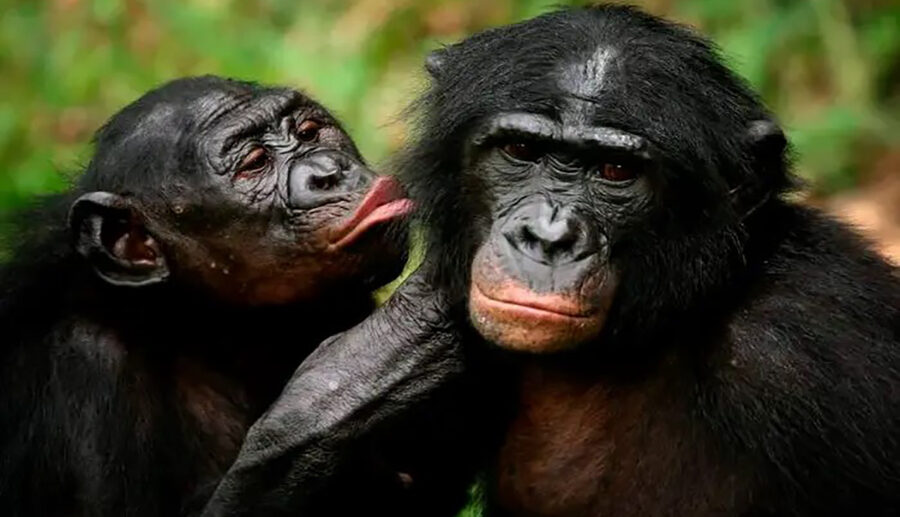Learning Leadership from the Animal Kingdom: Insights from Apemanagement

In the realm of leadership training, Dutch biologist Patrick van Veen offers a unique perspective that diverges from traditional human-centric approaches. Through his consulting firm “Apemanagement,” van Veen leverages insights from animal behavior to impart valuable lessons to managers and executives, prompting them to reflect on their leadership styles and strategies.
Lessons from the Animal Kingdom
Van Veen’s unconventional approach involves studying the hierarchies and behavioral patterns of various ape species and drawing parallels with human organizational dynamics. Rather than advocating for specific management styles, his aim is to stimulate introspection and foster improvement among companies and their leaders.
Observing Bonobo Behavior
One memorable instance of van Veen’s approach occurred during a leadership seminar attended by 60 managers from McKinsey. At a zoo, the managers had the opportunity to observe two Bonobo troops, unfamiliar with each other, interact.
Instead of territorial aggression, the bonobos engaged in an orgy—a behavior aimed at resolving conflict. While unconventional, this display prompted reflection among the managers, highlighting alternative approaches to conflict resolution.
Diversity in Ape Leadership Styles
Van Veen emphasizes that different ape species exhibit diverse leadership styles. For example, gorillas have patriarchal leaders with unrestricted authority, fostering trust and care within the group. In contrast, bonobos demonstrate a more egalitarian approach, with females often taking the lead.
Translating Insights to the Workplace
While office orgies may not be feasible, van Veen’s teachings underscore the importance of fostering integration, personal appreciation, competence, and respect in the workplace. By drawing parallels between ape behavior and human dynamics, leaders can cultivate a more harmonious and effective work environment.
Conclusion
Van Veen’s Apemanagement offers a novel perspective on leadership development, challenging conventional notions by drawing inspiration from the animal kingdom. Through observation and reflection, managers gain valuable insights into alternative approaches to leadership, ultimately enhancing their effectiveness in the workplace.













